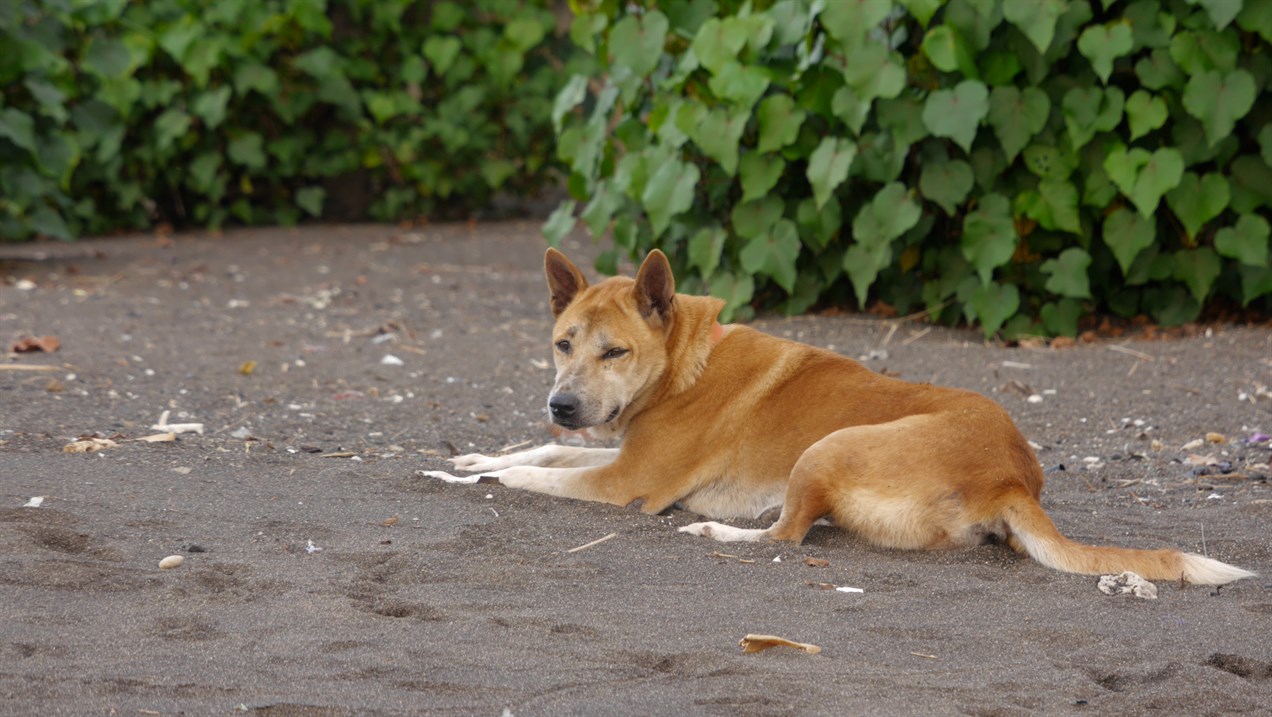Common Health Issues of the Jindo Dog

The Jindo Dog is generally a healthy and robust breed with a long lifespan, but like all breeds, they can be prone to certain health issues. Responsible breeding practises and regular veterinary care can help minimise the risk of these conditions. Here are some of the common health issues that may affect Jindo Dogs.
Hip Dysplasia
Hip dysplasia is a genetic condition where the hip joint doesn't develop properly. It can lead to arthritis and hip pain. Responsible breeders screen their breeding dogs for hip dysplasia to reduce the risk in offspring.
Luxating Patella
This condition occurs when the kneecap (patella) slips out of its normal position. It can cause lameness and discomfort and may require surgical correction.
Allergies
Jindos may be prone to skin allergies, which can result from various triggers, including food, environmental factors, or contact with irritants. Allergies can manifest as itching, skin rashes, and ear infections.
Otitis Externa
Jindos have upright ears, which can make them prone to ear infections if not properly cleaned and maintained. Regular ear cleaning and inspection can help prevent ear issues.
Thyroid Disorders
Thyroid disorders, including hypothyroidism, can affect Jindos. Symptoms may include weight gain, lethargy, and skin problems. Thyroid hormone replacement therapy can effectively manage this condition.
Eye Conditions
Some Jindos may be at risk for eye conditions such as cataracts or glaucoma. Regular eye exams by a veterinary ophthalmologist can help detect and manage these issues.
Immune-Mediated Disorders
Like many purebred dogs, Jindos can be susceptible to immune-mediated disorders, where the immune system mistakenly attacks the body's own cells. These disorders can manifest in various ways and may require long-term management.
Cancer
While cancer can affect dogs of any breed, some types of cancer may be more prevalent in certain breeds, including Jindos. Regular veterinary check-ups and early cancer detection are crucial for early intervention and treatment.
Bloat (Gastric Torsion)
Bloat is a life-threatening condition where the stomach fills with gas and twists on itself. Jindos with deep chests may be at a slightly higher risk. Feeding multiple smaller meals, avoiding vigorous exercise after meals, and monitoring for symptoms are important.
Heart Conditions
Some Jindos may develop heart conditions, such as dilated cardiomyopathy. Regular veterinary check-ups can help detect heart issues early.
Obesity
Obesity can lead to various health problems in Jindos, just as it can in any breed. Maintaining a healthy weight through proper diet and exercise is essential.
It's important for Jindo owners to be aware of these potential health issues and work with responsible breeders who prioritise the health of their dogs. Regular veterinary check-ups and preventive care are vital to catch and address any health concerns early. By providing proper nutrition, exercise, and a loving environment, you can help ensure a long and healthy life for your Jindo companion.
Jindo Dog puppies for sale
- Find Jindo Dog puppies for sale in ACT
- Find Jindo Dog puppies for sale in NSW
- Find Jindo Dog puppies for sale in NT
- Find Jindo Dog puppies for sale in QLD
- Find Jindo Dog puppies for sale in SA
- Find Jindo Dog puppies for sale in TAS
- Find Jindo Dog puppies for sale in VIC
- Find Jindo Dog puppies for sale in WA